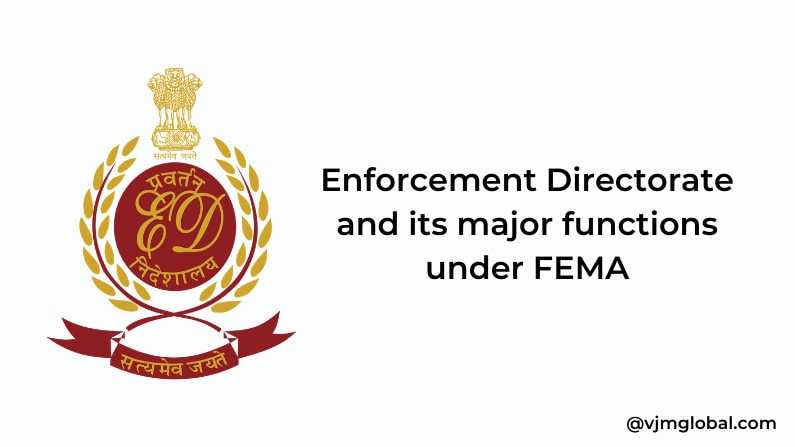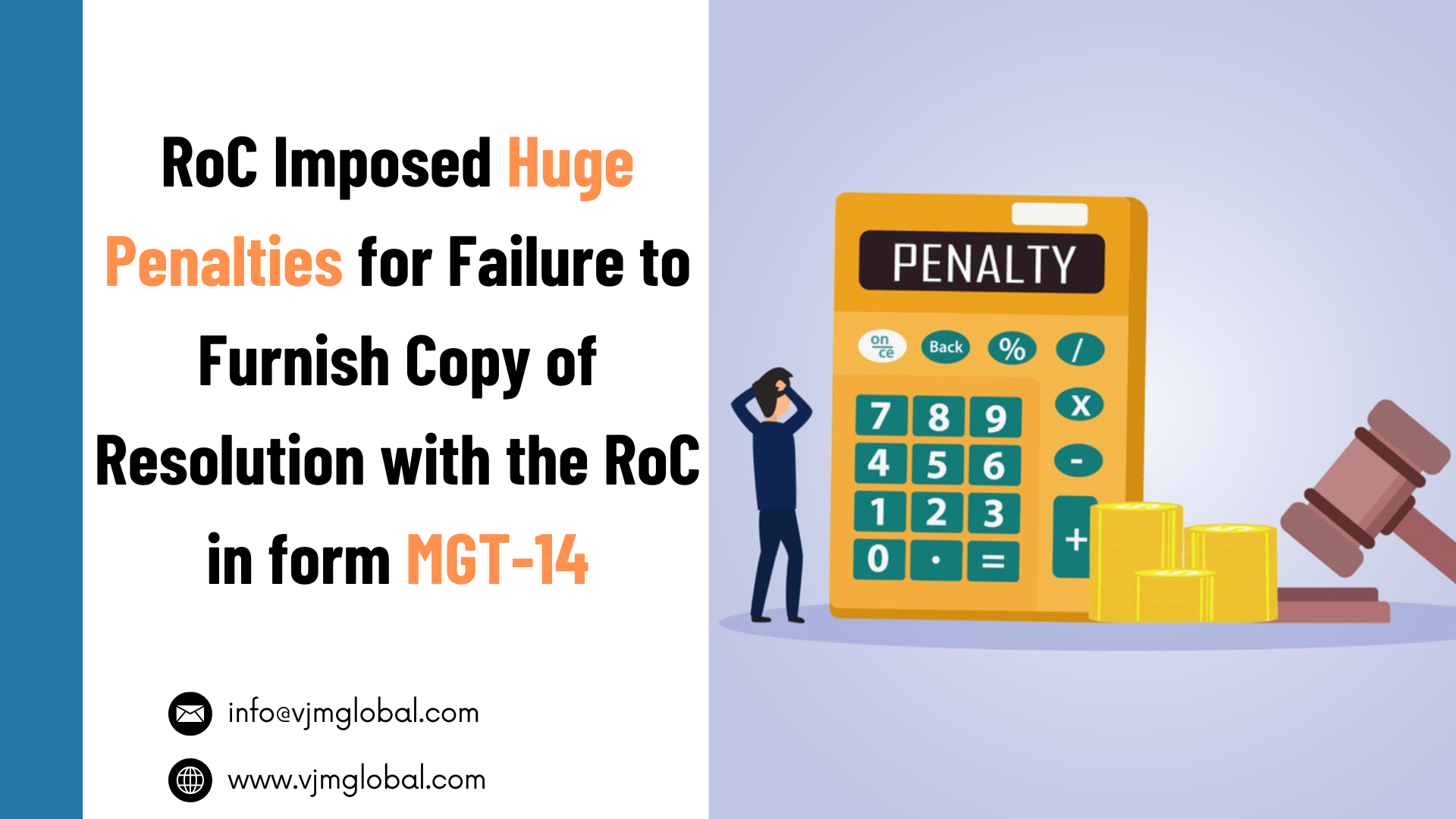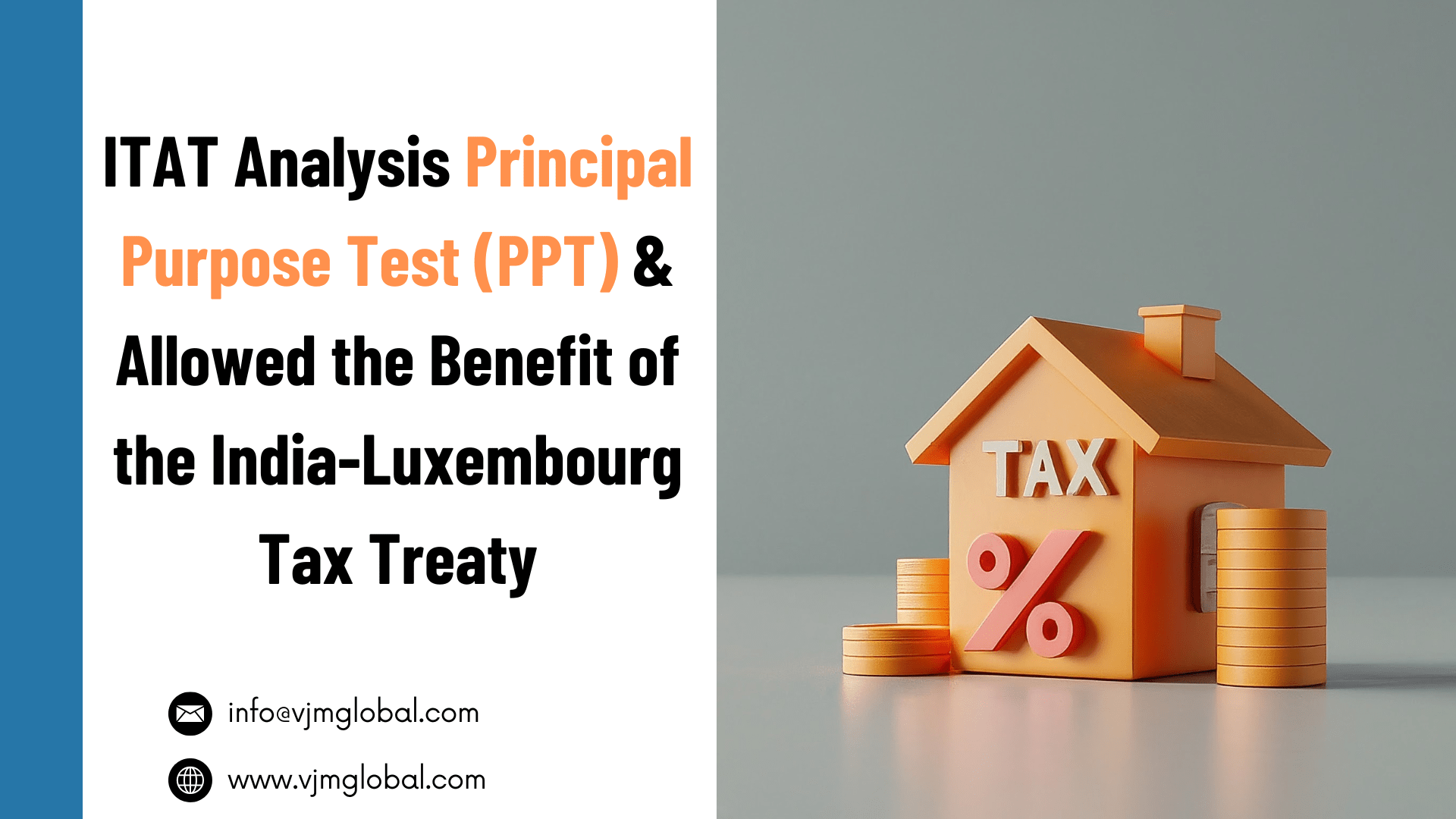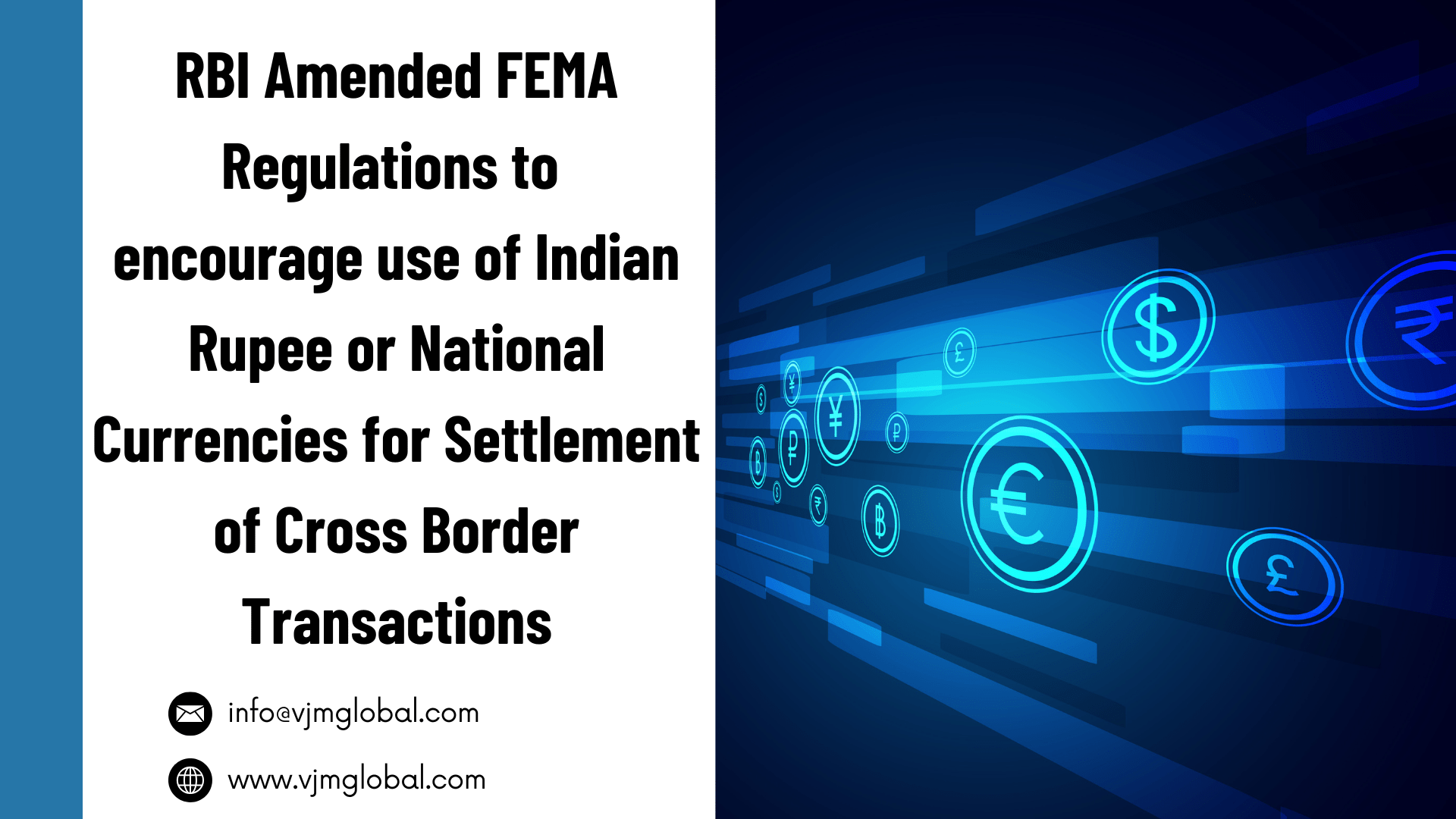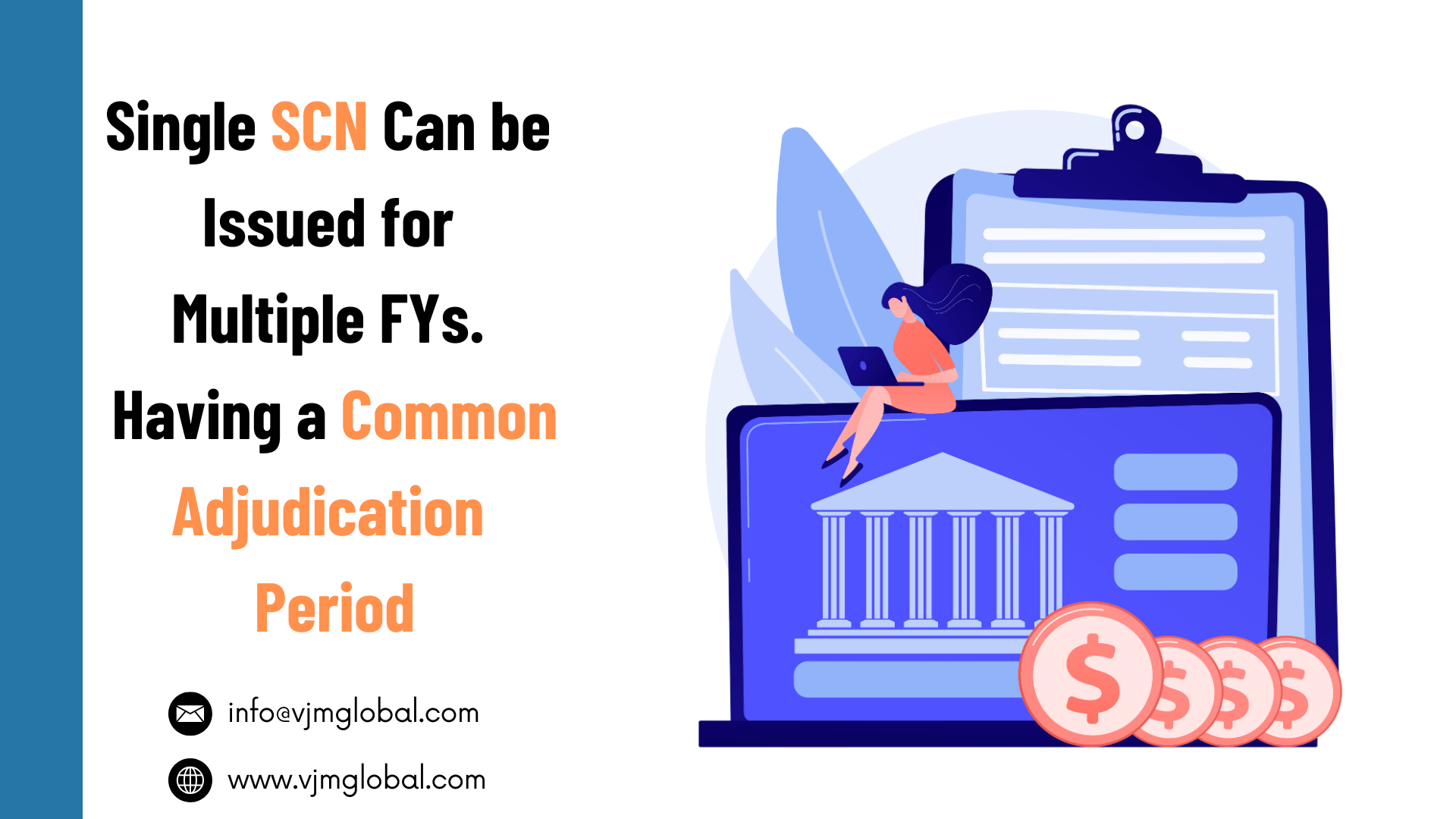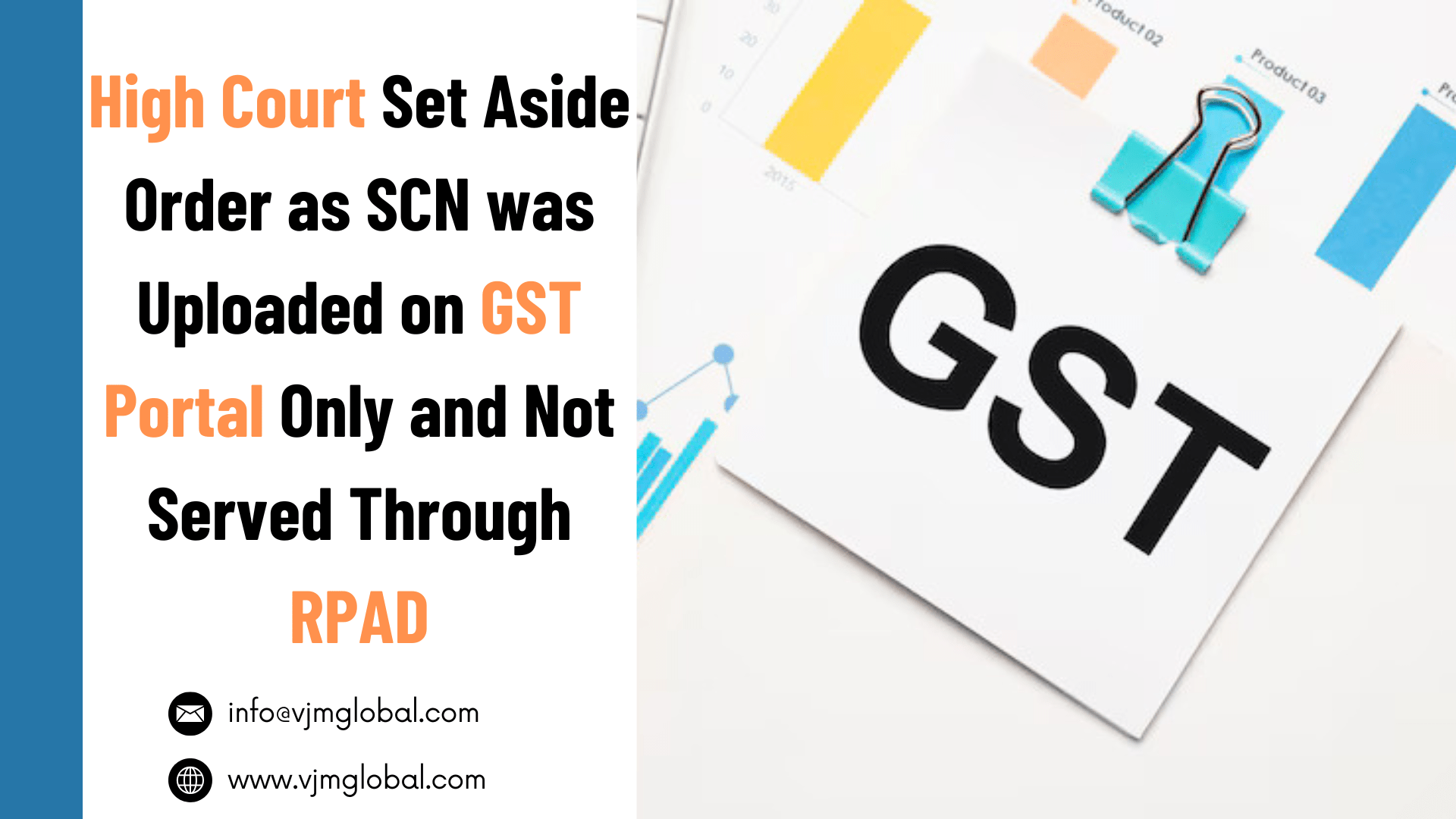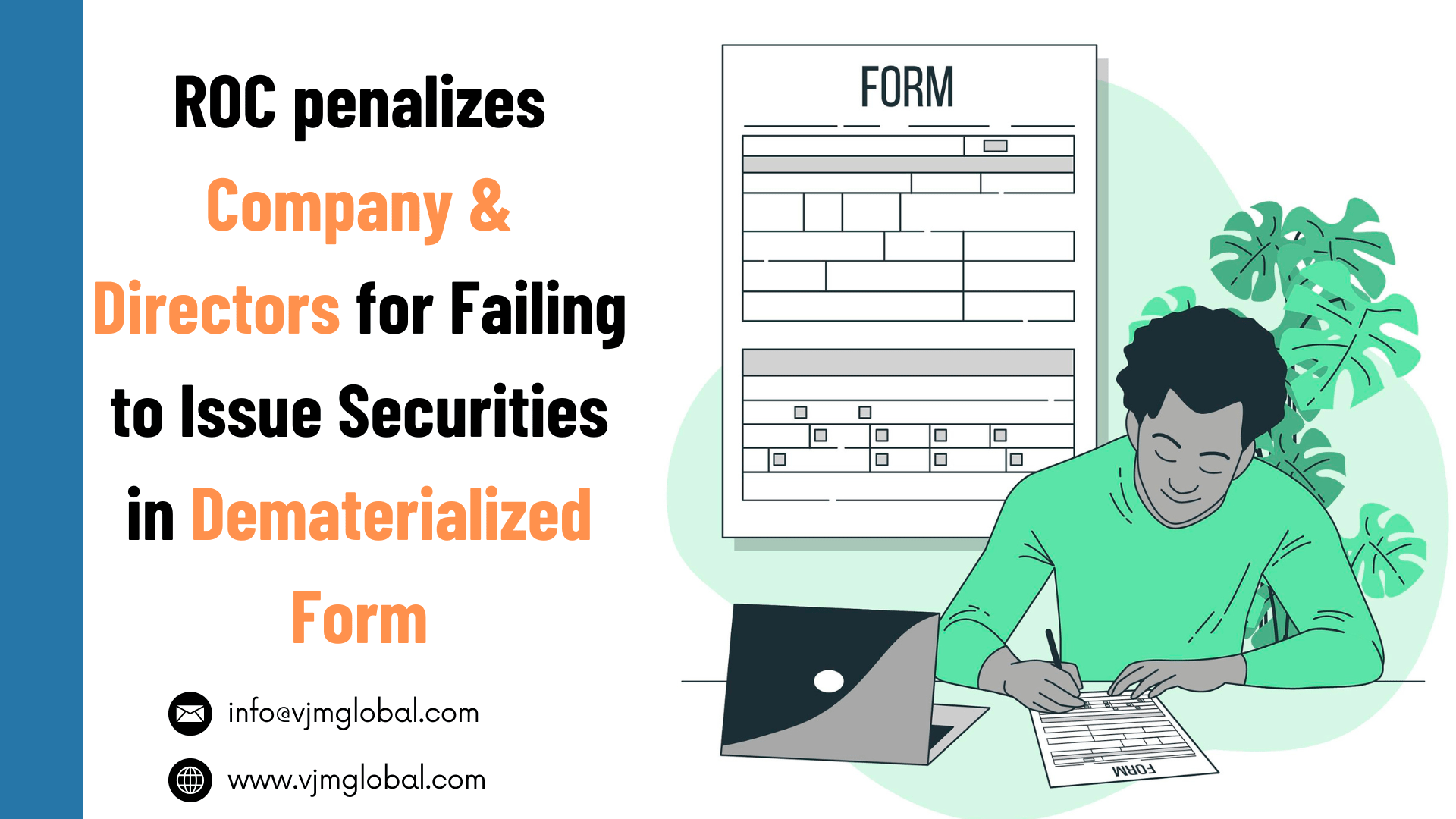In the past few decades a significant rise in financial crimes in India can be witnessed by the naked eye. Money laundering, Tax Evasion, Frauds, Corruption, and more result in a loss worth thousands of crores. This decreases the revenue generation by the government and ultimately leads to loss of the taxpayers money. Keeping in mind these extreme losses, an urgent need for astringent regulation mechanisms were highlighted and the Enforcement Directorate, or ED, was established.
1. What is the Enforcement Directorate?
Enforcement Directorate (ED) can be defined as a special financial investigation and economic intelligence agency which is burdened with the responsibility of forcing economic laws and fighting economic crimes in India. Its parent organization is the Department of Revenue of the Ministry of Finance, Government of India and it has its headquarters in the heart of the national capital, New Delhi.
The Enforcement Directorate was established on 1 May, 1956 when an ´Enforcement Unit´ was formed, in the Department of Economic Affair with an objective to Exchange Control Laws violations under the Foreign Exchange Regulation Act, 1947. Later, in the year 1957, it was renamed as ´Enforcement Directorate´ and continues to exist under the same title till date.
2. Organization of Enforcement Directorate
| OFFICE | LOCATION | HEADED BY |
| Headquarters | New Delhi | Director of Enforcement |
| Regional Offices | Mumbai, Chennai, Chandigarh, Kolkata, New Delhi | Special Directors of Enforcement |
| Zonal Offices | Ahmadabad, Bengaluru, Chandigarh, Chennai, Kochi, Delhi, Panaji, Guwahati, Hyderabad, Jaipur, Jalandhar, Kolkata, Lucknow, Mumbai, Patna, Srinagar | Joint Director |
| Sub-Zonal Offices | Bhubaneswar, Kozhikode, Madurai, Indore, Nagpur, Allahabad, Raipur, Dehradun, Ranchi, Surat, Shimla, Visakhapatnam | Deputy Director |
3. What are the objectives of the Enforcement Directorate?
After FERA, 1973, was repealed and later replaced with Foreign Exchange Management Act, 1999 (FEMA), in the International Anti-Money Laundering regime, Prevention of Money Laundering Act, 2002 (PMLA) was enacted and its enforcement was entrusted to the Enforcement Directorate (ED).
Therefore, the main objective of the Enforcement Directorate is the enforcement of two of India’s most important fiscal Acts- Foreign Exchange Management Act (FEMA), 1999, and the Prevention of Money Laundering Act (PMLA), 2002. Other than this, other objectives of Enforcement Directorate include:
- Conducting investigation about the suspected contraventions or infringements under the provisions of FEMA, and to impose suitable penalties on the accused offenders.
- Conducting investigations, trace, attach, and confiscate the assets that are related to the financial crime, and to arrest and prosecute the offenders un PMLA, 2002.
4. What are the functions and powers of the Enforcement Directorate under FEMA?
4.1 Investigation under FEMA
FEMA, especially Section 37 of the Act, empowers the Assistant Director of Enforcement Directorate to exercise the power of investigation for any contravention that can possibly occur under FEMA.
These officers are entrusted, under FEMA, with the power to exercise all the rights for investigation which have been conferred upon income-tax authorities under the Income Tax Act, 1961.
This means that the power of summons, search and seizure, etc., that provided to the relevant authorities under provisions of ITA 1961, for the purpose of investigation will apply analogously to the ED too under FEMA.
4.2 Power of Summon
The Director or Assistant Director of ED has the power to summon a person under Section 37(3) of FEMA and the person summoned cannot challenge the issuance of summons by the ED in the court by the way of a writ (KA. Manshoor Vs. Assistant Director, Enforcement Directorate, Government of India).
Here the power given to the ED under Section 37 of the Act is the same as that of an Income Tax Officer under Section 131 of ITA. It is pertinent to mention that the issuance of summons will in no way affect the rights of the person because it is only for the preliminary investigation and for production of documents for further investigation that ED is entrusted with.
5. Consequences of non-appearance to summon issued
Where a summon has been issued, under Section 37 of the Act, in respect of an investigation in default of a person’s appearance on the date mentioned in the issued summon, that person would be liable to action under Section 13 of the Act.
The procedure begins by official filing of a complaint under Section 16(3) of the Act by the Assistant Director of ED before the Adjudicating Authority in the matter of such investigation.
The complaint indicates that the appellant was under investigation by the Directorate for contravention of FEMA which were punishable under Section 13 of FEMA and that in connection with the said investigation, summonses had been issued regarding the presence of the person before the Assistant Director for tendering evidence and for producing documents as mentioned.
On failure to comply with the issued summon without any valid reason, it would amount to non-compliance of a legal process and would lead to imposition of penalty under Section 13. A show cause notice may then be issued to the person who has failed to appear before the ED, by the adjudicating Authority.
6. Prosecution during adjudication proceedings by ED
When the Central Government has reason to believe that a foreign exchange, foreign security, or any immovable property, that is situated outside India, is suspected to been held in contravention of FEMA, the Government can seize value equivalent of such exchange, security or property which is situated within the territory of India, under Section 37A of FEMA.
During the adjudication proceedings of the above mentioned exchange, property, and security, the Adjudicating Authority may recommend initiation of prosecution. The Enforcement Directorate, after recording the reasons of satisfaction to proceed with prosecution, is entrusted with the power to file a Criminal complaint against the guilty person under Section 13(1B) of FEMA.
7. Penalties under FEMA
Contravention of any provision of FEMA would entail a penalty up to thrice the sum that is involved in such contravention where such amount is quantifiable, or up to to lakh rupees where the amount is not quantifiable. In cases where such contravention is a continuing one, further penalty which may extend to five thousand rupees for every day after the first day during which the contravention continues.
Since ED is entrusted with the power to ensure successful enforcement of provisions of FEMA, in case the person fails to make full payment of the penalty imposed within the described time period (90 days), then an office of ED will be authorized to recover such arrears of penalty.
He/she will exercise all powers which are conferred on the income-tax authorities and even the procedure prescribed under the Second Schedule of ITA will apply in respect of recovery arrears of penalty under Section 14A of FEMA.
8. Compounding of offences under FEMA
Contraventions under FEMA are both compoundable and civil in nature. While it is true that for compounding of any offence under FEMA, an application filed to the RBI is necessary, however, where any person deals or transfers any foreign exchange or foreign security to any person who is not an authorized person, the ED has the power to compound the same under Compounding of Contravention under FEMA, 1999.
It is important to mention that where a criminal complaint has been filed by ED against the accused, ED has the power to carry out compounding of contravention in such cases also, the only condition being that the order of compounding was brought to the notice of the Adjudicating Authority.

